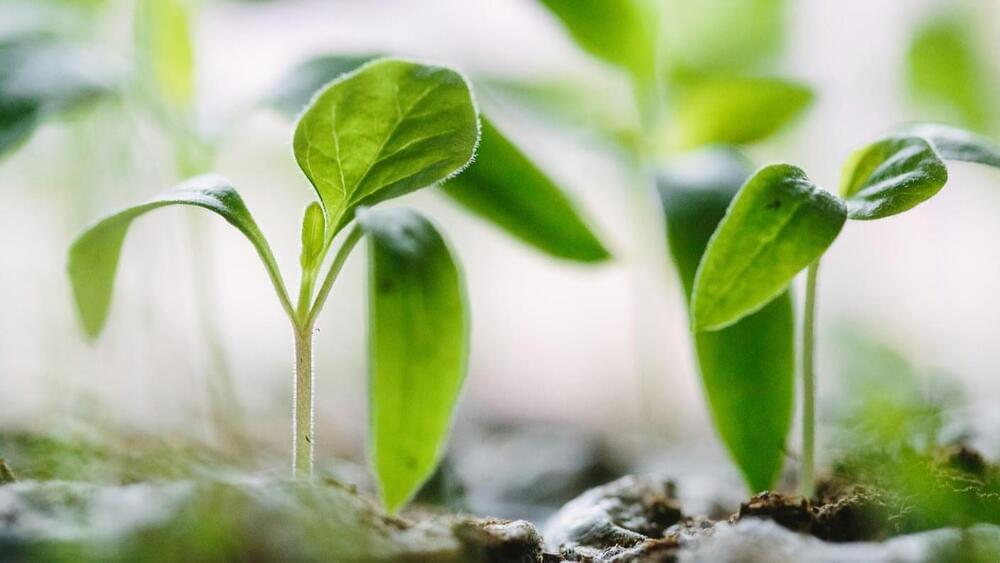The reason? While sunny regions naturally provide enough light to grow crops, areas with colder winters often need grow lights and greenhouses part of the year. This increases energy consumption, logistical headaches, and ultimately, food costs.
In their paper, Jiao and colleagues argue for a new method that could dramatically revamp farming practices to reduce land use and greenhouse gas emissions.
Dubbed “electro-agriculture,” the approach uses solar panels to trigger a chemical reaction that turns ambient CO2 into an energy source called acetate. Certain mushrooms, yeast, and algae already consume acetate as food. With a slight genetic tweak, we could also engineer other common foods such as grains, tomatoes, or lettuce to consume acetate.









Leave a reply